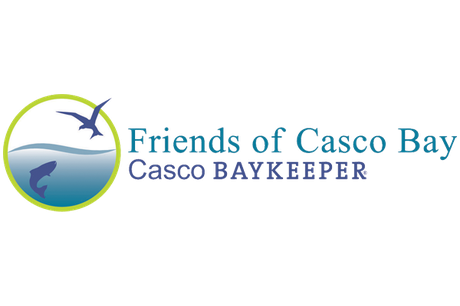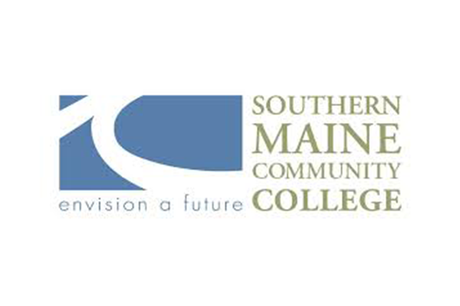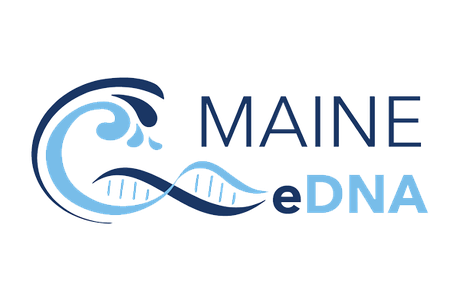Casco Bay Aquatic Systems Survey (CBASS)
Monitoring change in our own backyard.
Over the last several decades, Gulf of Maine coastal regions have seen dramatic declines in groundfish, an explosion of lobsters, habitat loss and recovery periods for critical species like alewives, and the appearance of more southerly species such as black seabass. CBASS, a long-term monitoring effort led by GMRI, helps us gain a better understanding of the pace and direction of these changes taking place in the coastal marine fishery ecosystems that support our region.
Project Goals:
- Provide a baseline of current fishery ecosystem conditions in coastal Maine waters for comparison with future conditions.
- Engage with the local monitoring community to provide a holistic view of the state of Casco Bay and how it is changing.
- Provide hands-on opportunities for undergraduate students to take part in monitoring activities.
- Use catch trend data to validate the eDNA monitoring technique.
CBASS sampling includes surveying the coastal fishery ecosystem from the Presumpscot River to the West Cod Ledges, and everything in between. In the river, we sample adult river herring (primarily alewife) during spring spawning runs to monitor changes in migration timings as well as demographics (e.g., age, sex, and energetic condition).
In western Casco Bay, from the mouth of the Presumpscot to Portland Head Light, we use beach seining to assess variations in littoral fish communities; littoral fish are small, inshore fish like Atlantic silversides and mummichogs. We also encounter juvenile alewife in our seine hauls.
In the outer bay and out to the West Cod Ledges we use hook-and-line fishing to conduct a jig survey for groundfish including cod, pollock, redfish and sculpins, among others.
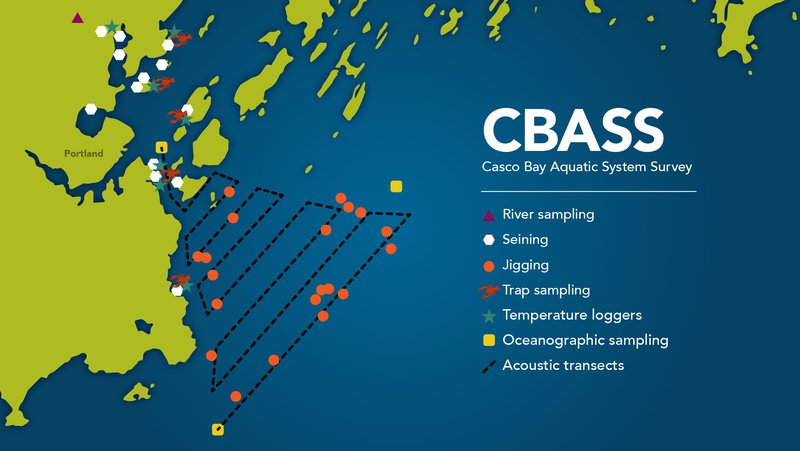
In addition to fish surveys we also deploy temperature loggers at various sites throughout western Casco Bay to monitor changes in water temperature. Since 2019, CBASS has been an invaluable experience for our REU students, as it introduces them to a variety of field sampling techniques.
Starting in 2020 we are excited to pair CBASS efforts with our work on environmental DNA, to compare traditional survey results (e.g., seining) to variations in eDNA for the purpose of validating eDNA as a viable survey approach.
Common fish
These are the nine most commonly caught fish when using hook-and-line fishing to conduct jig surveys in our region.
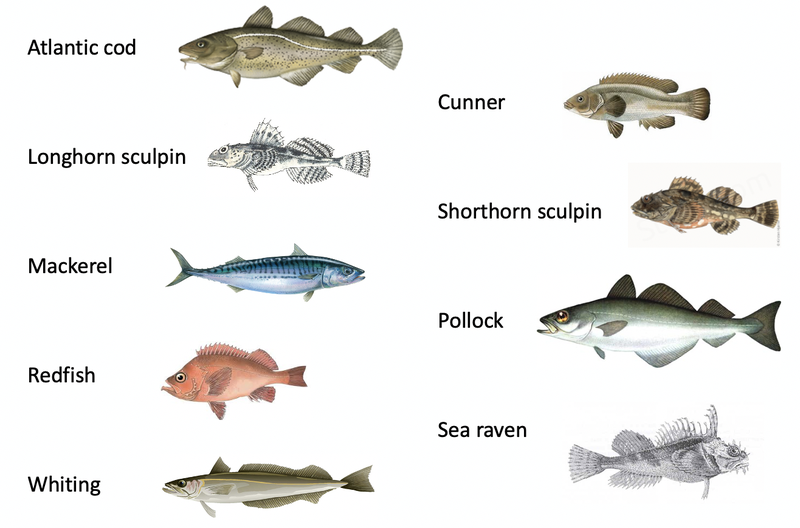
Seining


River Work



Jigging Surveys


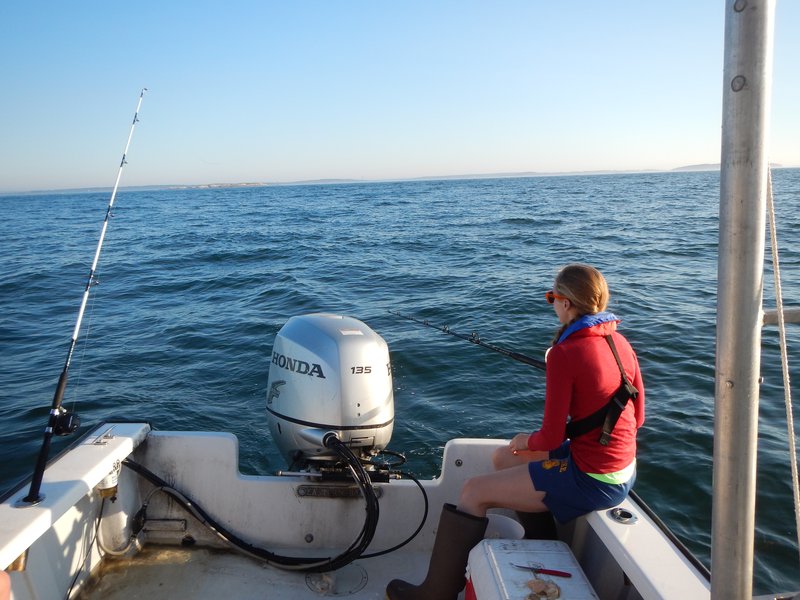
Project Team
Read Next
-
![Gulf of Maine Warming Update: Spring 2024]()
Gulf of Maine Warming Update: Spring 2024
Over the past decade, scientists have led a body of research that highlights the rapid pace of warming in the Gulf of Maine. To help …
Reports
-
![Gulf of Maine, Explained: Tracking Ocean Conditions]()
Gulf of Maine, Explained: Tracking Ocean Conditions
GMRI Senior Program Manager, and leader of our Ocean Data Products team, Riley Young-Morse explains how she uses deep water buoys to collect data on …
Gulf of Maine, Explained
-
![Gulf of Maine, Explained: Environmental DNA (eDNA)]()
Gulf of Maine, Explained: Environmental DNA (eDNA)
GMRI Research Scientist Dr. Graham Sherwood, who leads our Fisheries Ecology Lab, explains how environmental DNA (eDNA) can help us study fish populations in the …
Gulf of Maine, Explained
-
![Gulf of Maine, Explained: Species Distribution Modeling]()
Gulf of Maine, Explained: Species Distribution Modeling
GMRI Quantitative Research Associate Dr. Andrew Allyn talks about how scientists use computer models to understand where fish are in the Gulf of Maine, and …
Gulf of Maine, Explained
